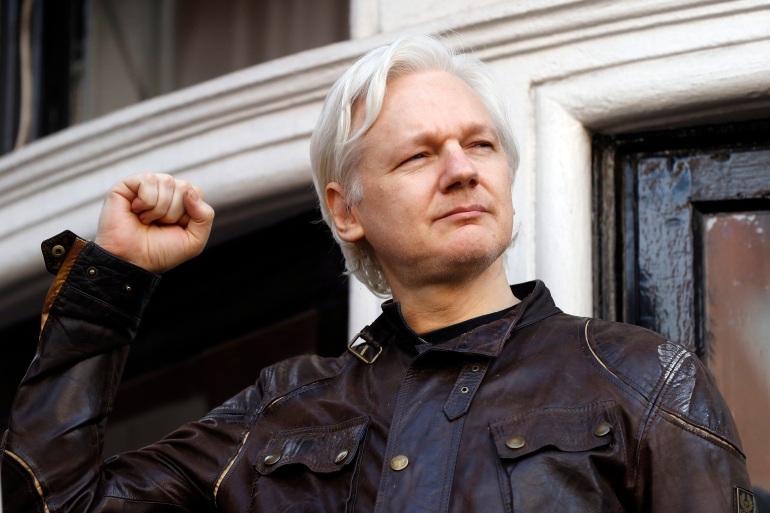
Wikileaks Founder Julian Assange Wins Bid to Appeal Extradition to the US
A British High Court has granted Julian Assange, founder of WikiLeaks, the permission to appeal his extradition to the US.
The court ruled on Monday that he could take his case to the UK Supreme Court.
Assange has engaged in a fierce legal battle to avoid being sent to the United States to face espionage charges over WikiLeaks’ publication of classified documents more than a decade ago.
Based on his lawyer’s argument that Assange might be exposed to harsh prison conditions in the US which could push him to take his own life, a district court judge in London last year rejected a US extradition request filed by the US government.
The US authorities later provided assurances that the WikiLeaks founder would not face the severely restrictive conditions that his lawyers said would put his physical and mental health at risk.
The High Court, however, overturned the lower court’s decision last month, stating that the American promises were enough to guarantee Assange would be treated humanely.
In their ruling, High Court justices Ian Burnett and Timothy Holroyd said the US promises were “solemn undertakings, offered by one government to another, which will bind all officials and prosecutors who will deal with the relevant aspects of Mr Assange’s case now and in the future.”
The High Court’s decision did not go down well with Assange’s lawyers who said the American government promises can’t be trusted, asking for an appeal of the decision which was granted on Monday.
While delivering the latest judgment, the judges posited that the US government’s pledge that Assange won’t be subjected to extreme conditions is meaningless because it is conditional and could be changed at the discretion of American authorities.
American prosecutors say Assange unlawfully helped US Army intelligence analyst Chelsea Manning steal classified diplomatic cables and military files that WikiLeaks later published, putting lives at risk.
Lawyers for Assange argue that their client shouldn’t have been charged because he was acting as a journalist and is protected by the First Amendment of the US Constitution that guarantees freedom of the press.
They say the documents he published exposed US military wrongdoing in Iraq and Afghanistan.

